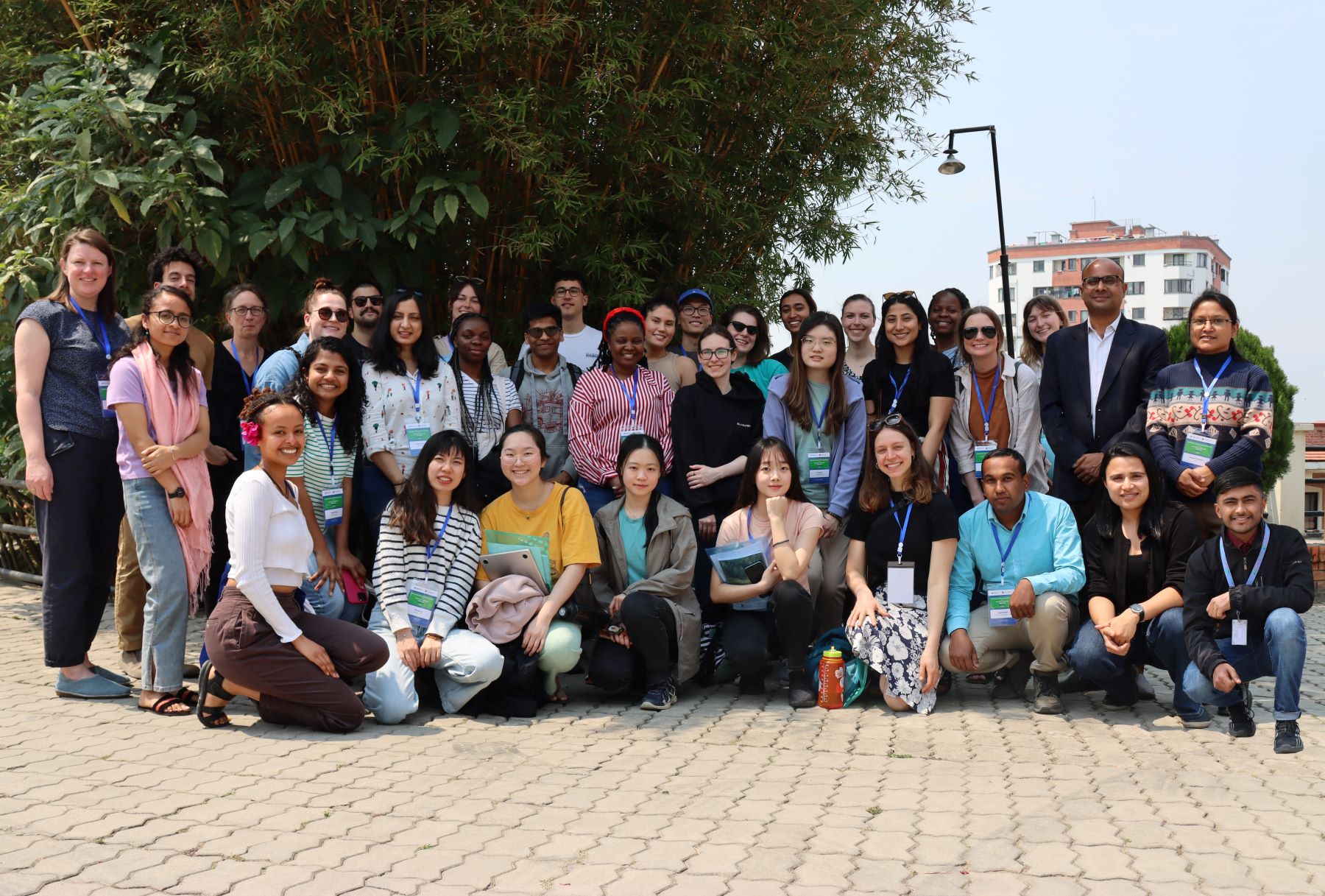Project leader: Dr Hemant R Ojha
Partners and collaborators: CGIAR/CCAFS
Duration : October 2011- April 2012
Brief description of the project : The research aims is to provide a new evidence-based perspective on how, and under what conditions, agricultural systems adapt and innovate in relation to various climate stresses in the Indo-Gangetic plains (Nepal, India and Bangladesh). This region is worst affected by climate change impacts in the World, and hosts over 400 million people, whose livelihoods largely depend on subsistence agriculture.
Current climate change adaptation discourse is dominated by large scale bio-physical modelling and national-level policy framing. Through this study we will add an important third element of adaptation as a contextually embedded innovation process. Our focus is on understanding the local innovation processes in relation to different types of risks and vulnerabilities primarily associated with climate change. We will combine visual, quantitative and qualitative techniques, and our findings have the potential to benefit wide range of readers and audiences.
The analytical focus is not on measuring the attributes of actors, or assessing climate risks or socio-economic variables. Instead, it is on identifying and characterizing what we term climate adaptive agricultural innovations threads(CAITs) emerging from diverse agricultural situations, under different socio-ecological and political-economic contexts of the Indo-Gangetic plains, and in relation to various climate change related risks and vulnerabilities. There is a wealth of research on agricultural innovation systems, but very little knowledge exists regarding how learning, networking and innovations play out in a context of climate stress. Several issues are relevant here, for example, how farmers get information, how they process information individually and collectively into actionable knowledge, and how they are linked with wider institutions and market processes, and what contextual factors enable or constrain adaptive behaviours and innovations of individuals, households and communities. This study will create an important evidence base and new thinking to fill this gap.
Research Team
Team leader: Dr Hemant R Ojha, Research Director, Southasia Institute of Advanced Studies (Kathmandu) and Senior Fellow, Melbourne School of Land and Environment, University of Melbourne.
India: Dr Rasheed Sulaiman V and Ms Nimisha Mittal, Centre for Research on Innovation and Science Policy (CRISP), Hyderbad, India.
Bangladesh: Dr Parvin Sultana and Paul Thompson Flood Hazards Research Centre (FHRC), Middlesex University and head of Bangladesh FHRC Office, Bangladesh.
Nepal: Professor Khem Raj Dahal, Institute of Agriculture and Animal Science (IAAS), Tribhuvan University, Nepal; Dr Hari Dhungana and Mr Dhanej Thapa, Southasia Institute of Advanced Studies (SIAS).



